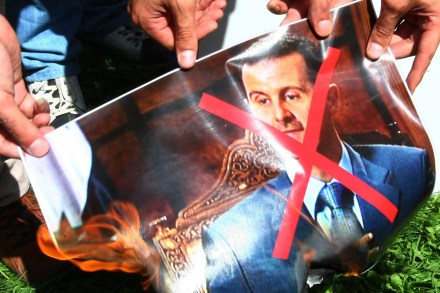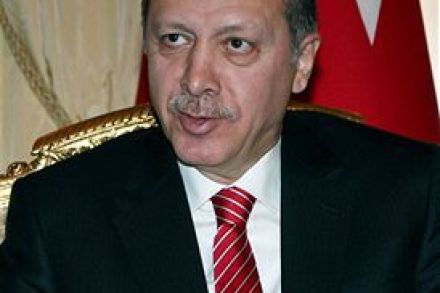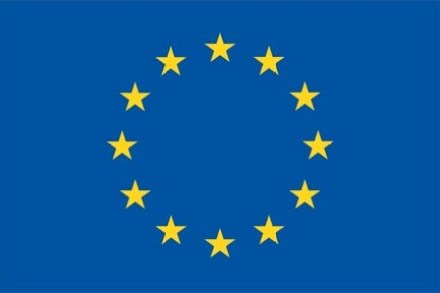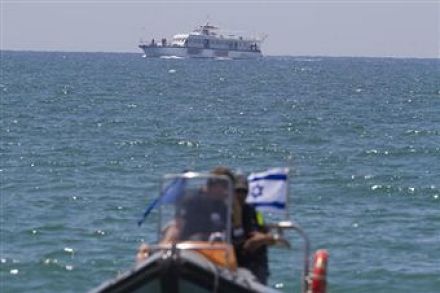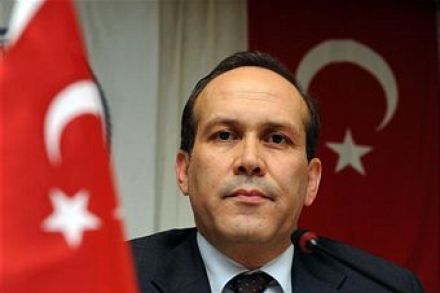Erdogan’s immediate dilemma
It seems that everyone won the election that was held in Turkey this weekend. Prime Minister Erdogan’s Justice and Development Party (AKP) officially won, taking some 50 per cent of the vote, which is enough to secure him a third term in office, but not sufficient to enable his party to make changes to the constitution. As the BBC’s Gavin Hewitt notes, ‘Prime Minister Recep Tayyip Erdogan of Turkey stands out. He is genuinely popular. He is socially conservative, but he has tapped into the aspirational mood of Turkey’s middle class.’ But although the opposition party, Republican People’s Party (CHP), lost the election they actually polled about a quarter of the


